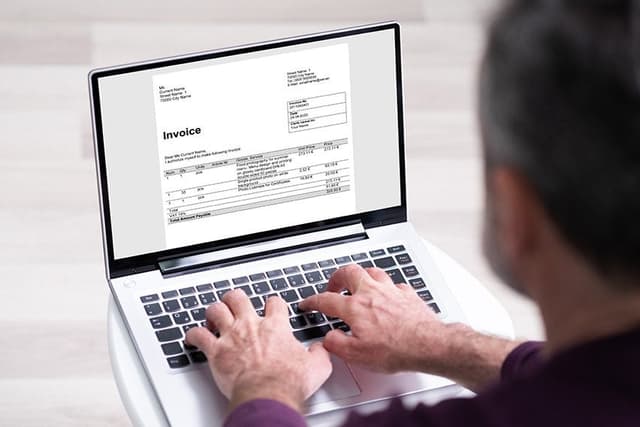📣 Buy now and get up to $250 back in online payment fees for your first 60 days. Terms apply. Buy now & save
60% Off for 3 Months Buy now & save
Recent posts

2025 State of U.S. Small Business
January 30, 2026
Feature news
How to Improve Cash Flow: 11 Tips Every Small Business Can Use
January 22, 2026
Payments
How to Protect Your Small Business From Holiday Fraud (Without Slowing Down Your Workflow)
January 19, 2026
Payments
What’s New in FreshBooks: Faster Payouts, Smarter Payroll, and More Ways to Get Paid
December 1, 2025
Feature news
Explore other resources
Customer Stories
Our blog is here to help! With actionable insights into all aspects of running a small business, FreshBooks helps you thrive.

Why Values-Based Accountant Nicole Believes FreshBooks Truly Cares About Customers
January 7, 2026

How FreshBooks Helps This Creative Agency Prevent Cash Flow Challenges
November 1, 2025
Guides
Our blog is here to help! With actionable insights into all aspects of running a small business, FreshBooks helps you thrive.

2025 Small Business Tax Trends
January 23, 2026

The Business Owner’s Guide to Collaborative Accounting™
January 12, 2026
Sign up for the FreshBooks newsletter
















